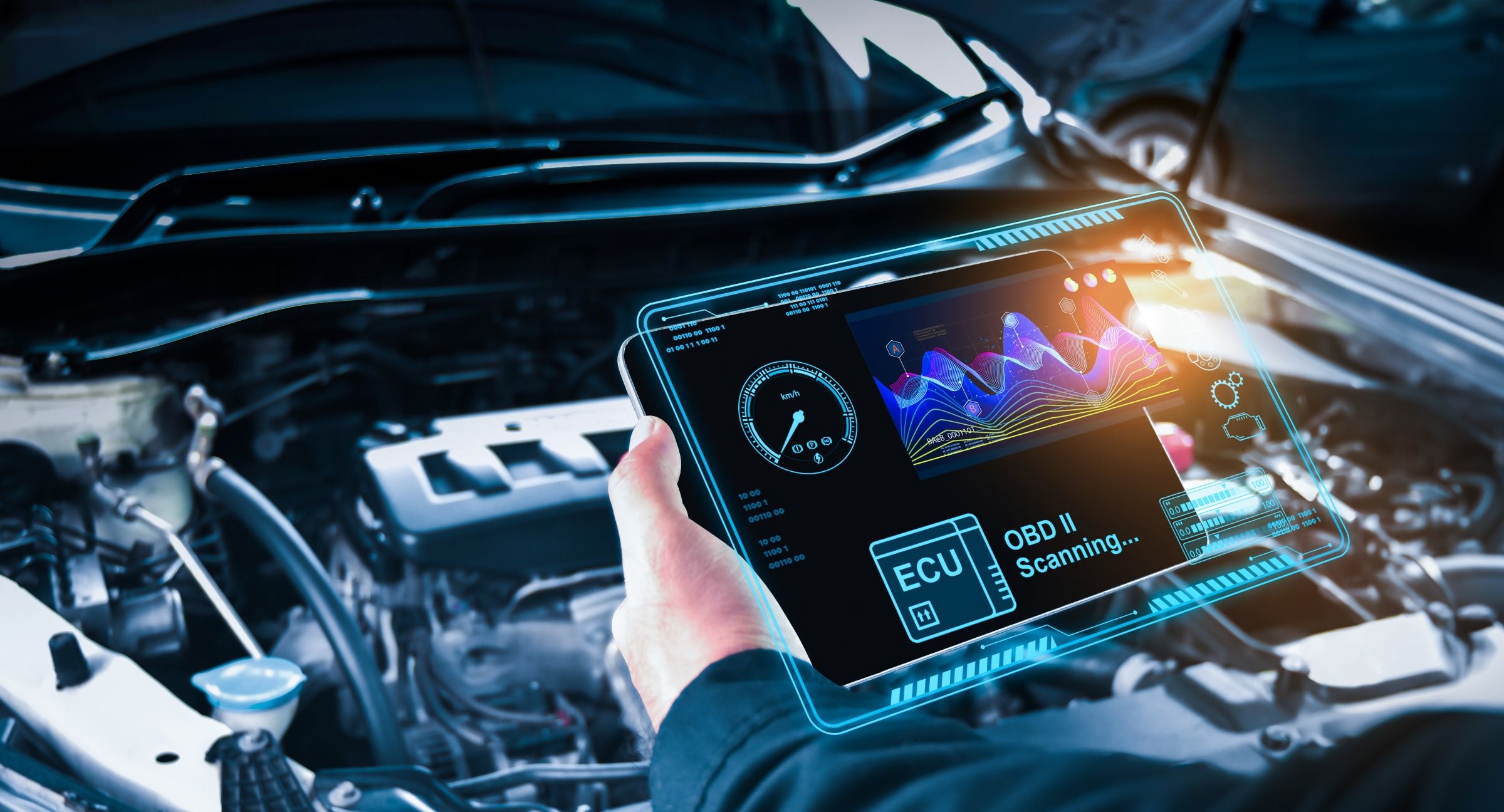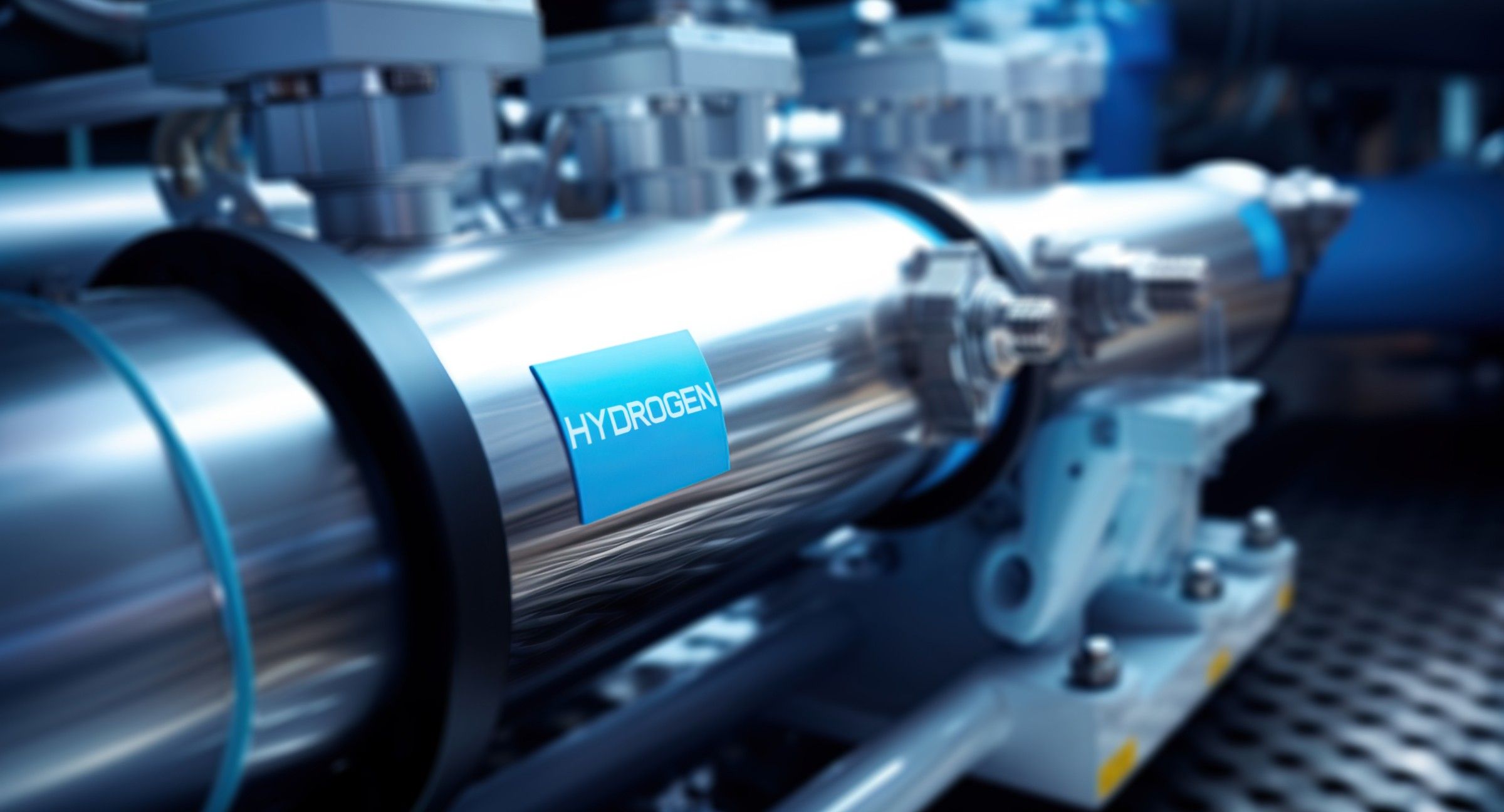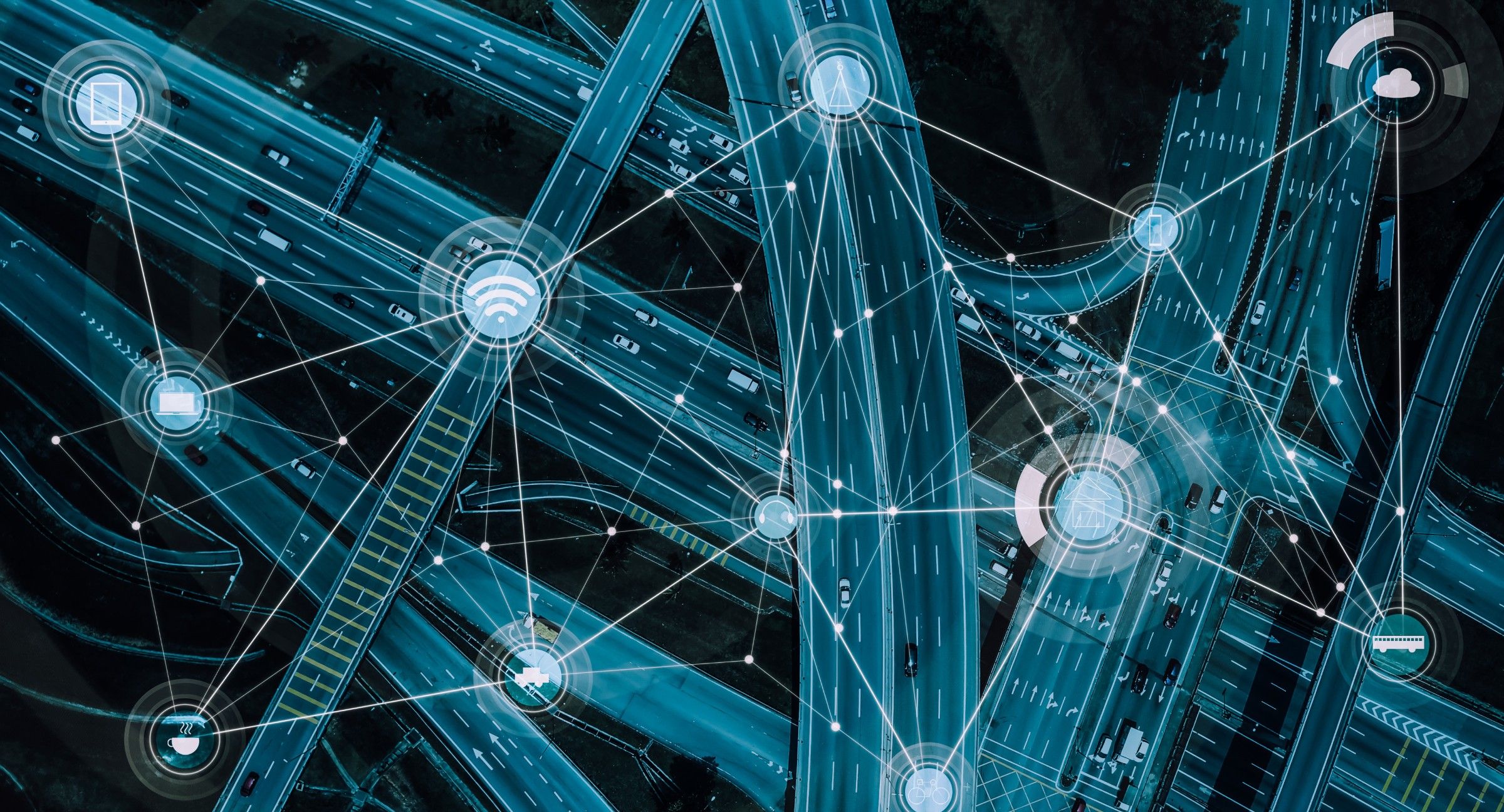Understanding OBD (On-Board Diagnostics)

Xenatech
January 5, 2024

Inside vehicles and integrated into transportation systems like railways and public transit lies a sophisticated network of technology that provides valuable diagnostic information.
The network is designed to enhance safety, optimize performance, detect faults and malfunctions, and ensure compliance with environmental regulations.
It’s a complex system called on-board diagnostics (OBD), and there’s much more to it than dashboard lights and indicators. So what exactly is OBD, and what are its benefits? Let’s explore.
What is OBD & How Does it Work?
An OBD system collects information from an extensive network of sensors placed inside a mode of transport. This data is then used to regulate systems and alert an operator when an electronic or mechanical malfunction occurs or maintenance is required.
OBD systems have been in use for decades and were initially developed for vehicles to:
- Reduce vehicle emissions.
- Monitor electronic fuel injection systems, which replaced mechanical systems in the 1980s.
- Monitor systems as electronics became more commonplace in vehicles.
Today, on-board diagnostics are used to monitor everything from the car you drive to the bus or train you ride in. With additional hardware, the OBD system of a specific vehicle can be networked through additional sensors, providing an overall picture of the entire transportation system. Here's a simplified breakdown of how a typical on-board diagnostic system works:
- Sensor Network: Sensors collect data on speed, oxygen levels, coolant temperatures, etc. The system then passes that information along to the OBD.
- On-Board Computer: The on-board computer is the brain of the entire operation. It takes sensor data, manages it, and interprets it.
- Diagnostic Trouble Codes: When the OBD system senses something unusual, it generates diagnostic trouble codes (DTCs) that let the operator know what's wrong and can pinpoint where the issue occurs.
- The OBD Port: A port serves as the connection for an OBD system. It's where external devices like OBD scanners can plug in, access the on-board computer, and help diagnose issues.
- Continuous Monitoring: OBD monitors systems and performs regular tests to ensure optimal performance. If it detects a problem, the OBD system generates DTCs.
What are the Benefits of OBD?
The most significant benefit is that OBD systems are vital in enhancing safety for drivers, operators, and passengers. Other benefits include enhanced performance, optimized maintenance schedules, and improved efficiency.
Railway
In a railway system, an OBD system can identify potential issues such as engine malfunctions, brake failures, communication errors, or abnormalities in traction control. Railway systems are also subject to strict emission standards to minimize environmental impact. An OBD system can monitor and control emissions in real-time to ensure compliance with regulatory requirements.
Public Transportation
OBD systems bring numerous benefits to public transportation, such as enhancing safety by enabling early fault detection, supporting proactive maintenance practices, improving fuel efficiency, ensuring regulatory compliance, enabling data-driven decision-making, and optimizing costs.
Fleet Management
For fleet management, OBD systems can be tapped into and are great for proactive and preventative maintenance, optimizing resource allocation, improving fuel efficiency and cost management, and ensuring compliance with regulatory standards. With the use of additional sensors, driver events such as hard braking and impacts can be reported real-time to the fleet management operation’s center.
XenaTech: Driving Innovation
XenaTech provides intelligent transportation solutions nationwide and internationally across industries. Have an idea that a XenaTech Intelligent Solution can turn into a reality? We’d love to learn about exactly what you’re imagining and demonstrate our capabilities. Contact us today!
Don’t Miss Out
Be the first to know about new developments in fleet management, public transportation solutions, and smart city applications.




